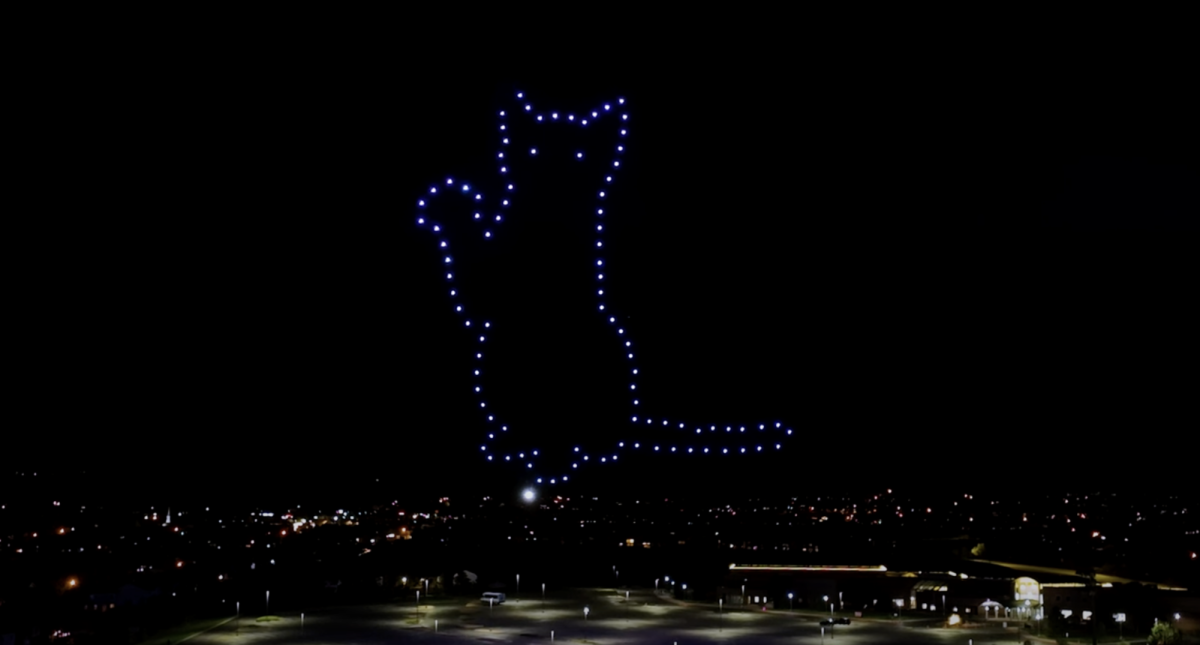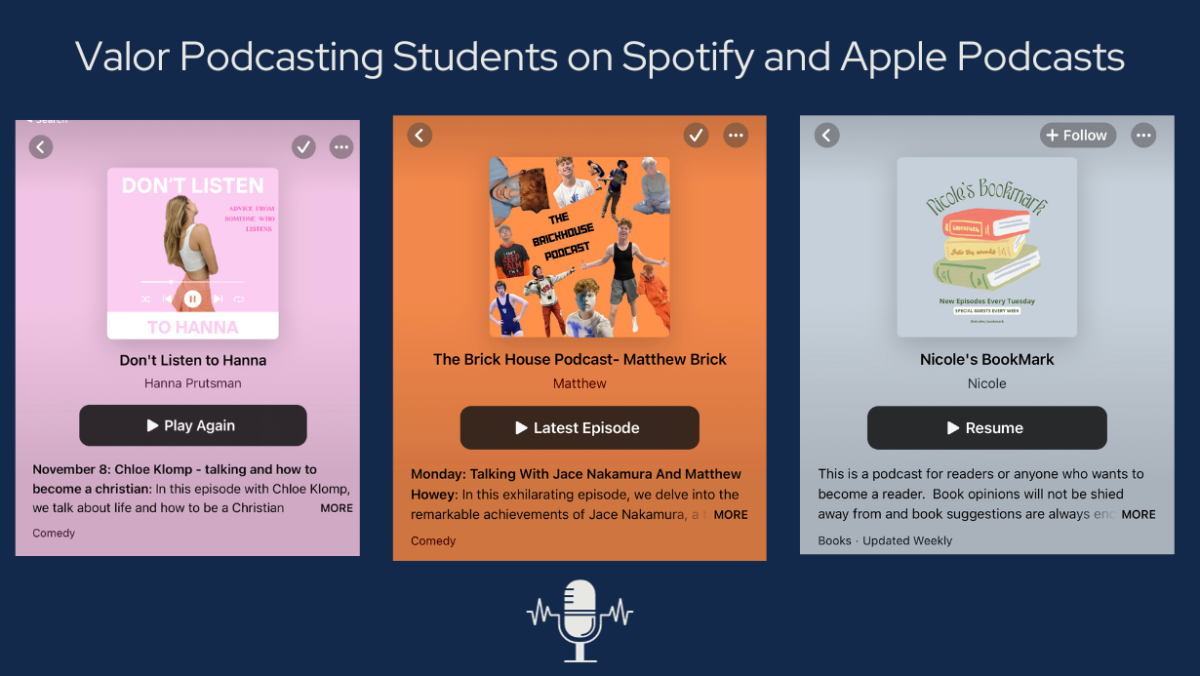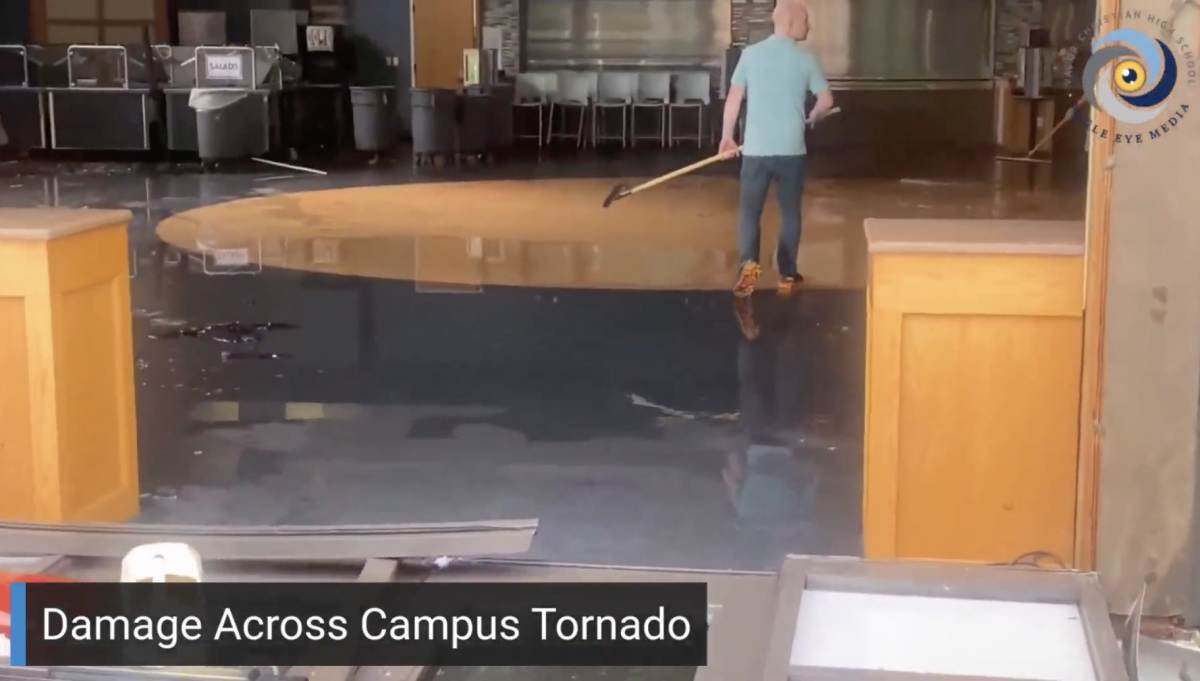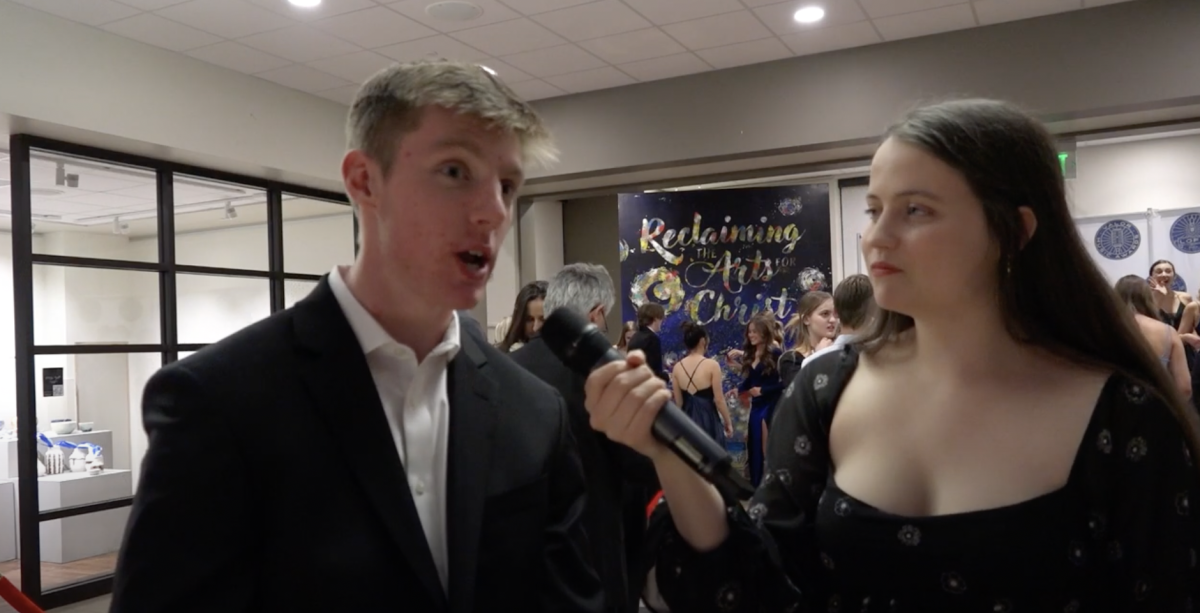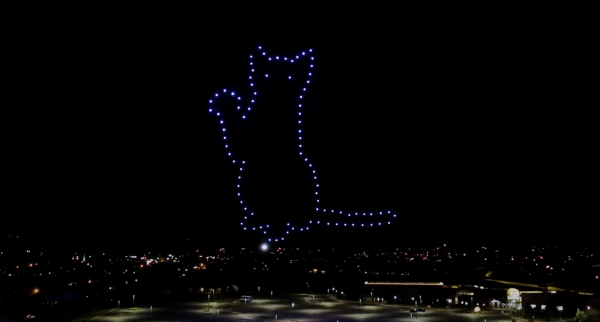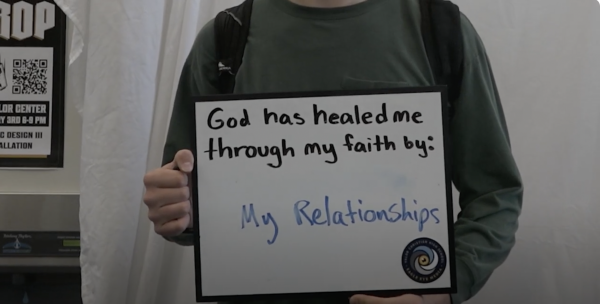Gen Z, Social Media, and the Future of Technology
According to the Pew Research Center, 45% of Gen Z say they are “almost constantly online.” Meet Generation Z: the most digitally-connected generation ever.
Born between 1997 and 2013, Gen Z is growing up in a uniquely digital world. In many ways, Gen Z is misunderstood, often called out by older generations as “snowflakes”, lazy, and not realistic. Our use of technology has also been criticized and scoffed at, but how does Gen Z’s use of technology actually affect our current world? Is Gen Z merely just addicted to technology or how have we harassed technology for good uses as well?
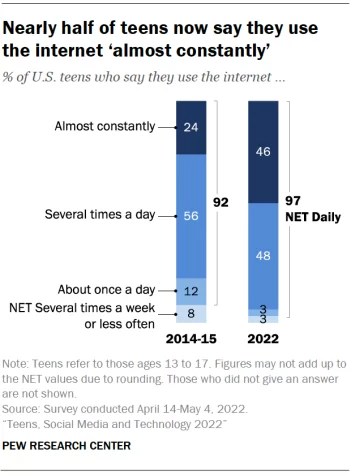
“We grew up knowing how to use [technology] because it was just like handed to us at our fingertips,” said Joceyln Millican, a senior at Valor Christian High School. Many Gen Zers do not remember a time without technology, today’s young people grew up documenting their childhoods on Instagram, Vine, or more recently, Tik Tok. Gen Z cannot imagine a world without it.
“I would say if I were to give our generation a mascot or symbol, it would be social media and technology,” said Elsa Johnson, a Valor senior and member of Gen Z. “[Social media and technology has] played a huge role in why our generation is the way that it is and dividing our generation from other generations.”
The use of technology indeed sets Generation Z apart. No other generation uses technology the in the same way as Gen Z. 95% of Gen Zers own a smartphone, comparatively more than any other generation. “Just because technology is used so differently and it’s customized so uniquely that I feel like it’s really disconnected our generation from other generations,” Millican said.
One such difference is Gen Z’s use of social media. Social media is the most popular form of technology for Gen Z. According to a survey done by Insider Intelligence, nine out of 10 high school students say they spend at least one hour on social media daily. To many high schoolers, this number may seem to underestimate social media usage.
Today’s high schoolers are constantly in connection. Apps like Snapchat allow for quick informal and low pressure connection, making today’s youth perhaps the most interconnected generation in history.
But this “always-on” connection can also feel disingenuous.
“[Social media] has a really false sense of connection,” Millican noted. “It gives you ways to reach people instantly and to see what people are doing in their lives. But I feel like because of that, our generation in and of itself, doesn’t actually have as much true connection with people.”
All social media apps now implicitly promise a never ending stream of information for young people. This marketing strategy works. A study finds that some Gen Zers spend 24 to 48 hours on Tik Tok a month. Additionally, Gen Zers don’t use social media as pure entertainment, but they use it for news and access to information. Many Gen Zers would rather look something up on their favorite social media app than on Google. According to the American Press Institute, unlike older generations, 74% of Gen Z get daily news from social media and 93% weekly.
In many ways, technological connection has replaced traditional communities. Gen Z traded in-person social connections for online friendship and connections. A Cigna study shows 73% of Gen Z say they feel “sometimes” or “always” lonely. So for all the connection via technology, Gen Z has been deemed the loneliest generation.
Some people believe that young people are in the midst of a mental health crisis, anxiety, depression and other mental health related challenges are on the rise. Social media and technology are undoubtedly a part of this increase. With the CDC reporting four in 10 high school students feeling “persistently sad or hopeless.” Technology undoubtedly has played a role in this increase. Some people are concerned with Gen Z’s use of technology to spread a romanticized view of mental health challenges.
“I think loneliness is like the dark storm cloud above our generation,” Johnson said, commenting on the social loneliness today’s youth feel. “No matter what good interactions, how many happy moments you’re gonna have — under the storm cloud, it’s still raining, you know?”
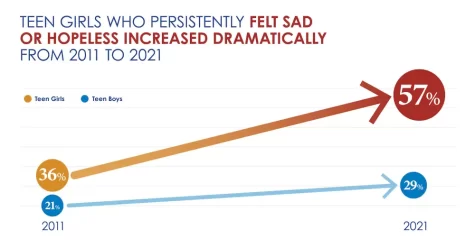
While social media can deeply divide and isolate many young people, it satisfies one of Gen Z’s biggest motivations: instant gratification. “I feel like deep down we all genuinely just want to feel satisfied in our lives,” Millican said, “but I feel like our generation as a whole searches for it through instant gratification instead of through things that would actually be fulfilling.” Noting what Gen Z misses in its endless scroll for satisfaction, “a lot of the things that are fulfilling aren’t fulfilling at first.”
“I think that my generation’s nihilism comes from instant gratification,” Johnson said. “Everybody deep down is lonely and they have all these terrible feelings but in the moment all we can ask is, what do I want now that I can get now?” Social media and technology helps to fuel today’s deep drive to feel secure and happy, however, as Johnson and Milican noted the satisfaction is fleeting and insufficient.
Although social media can set unhealthy relationship standards, romanticize mental health challenges, it also gives Gen Z a tool to express itself. As Gen Z shifts and changes, its own expression evolves. As Johnson puts it, young people’s expression changes to their constant “identity crisis.”
“We are a generation of novelty,” Millican said. “We like the novelty of things that are not common to us in the very second, even though it’s like they were like a thing in the eighties or the nineties or anytime. We just like to pick up on different things.”
Gen Z’s relationship with technology and social media is different than previous generations. Born into the internet age, Gen Z may not know how to live with or without technology. A vice and a virtue, Gen Z’s use of technology is still unclear.
Gen Z are a walking, longitudinal experiment of the digital age, traversing unpaved paths. For our generation to thrive, it’s essential we understand how to harness the connective and beneficial powers of technology, and minimize the isolating and self-obsessive downsides.
The future is in our hands. Literally.
Your donation will support the student journalists of Valor Christian High School. Your contribution will allow us to purchase equipment and cover our annual website hosting costs.

Kenna is a junior at Valor and moved from Minneapolis this summer. She is interested in art, culture and Chinese, and hopes to continue learning about...

